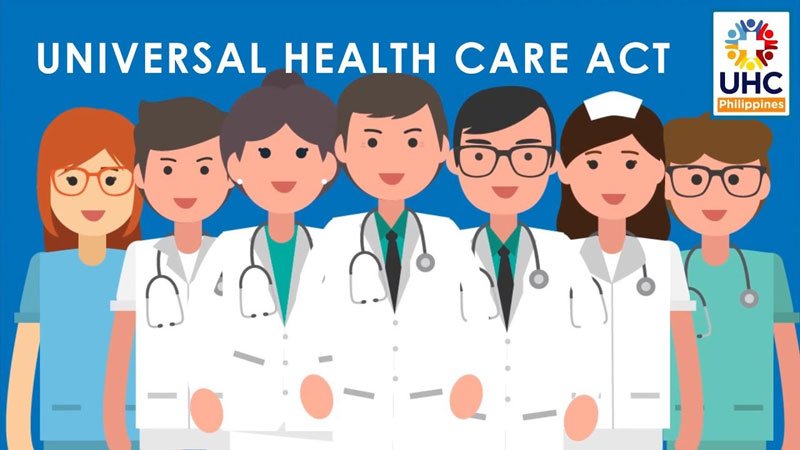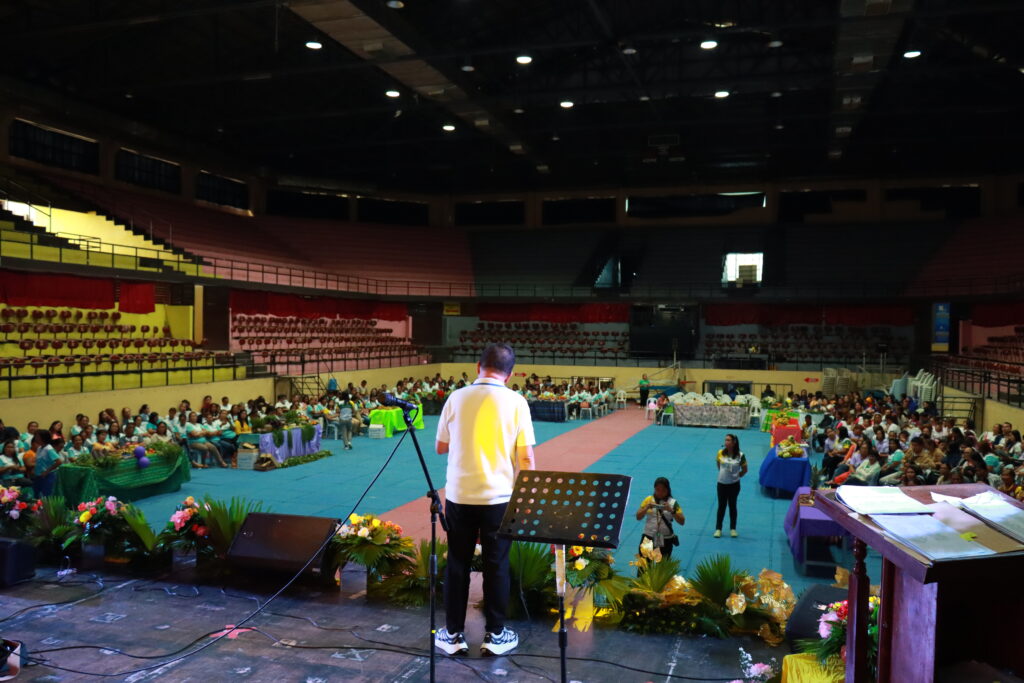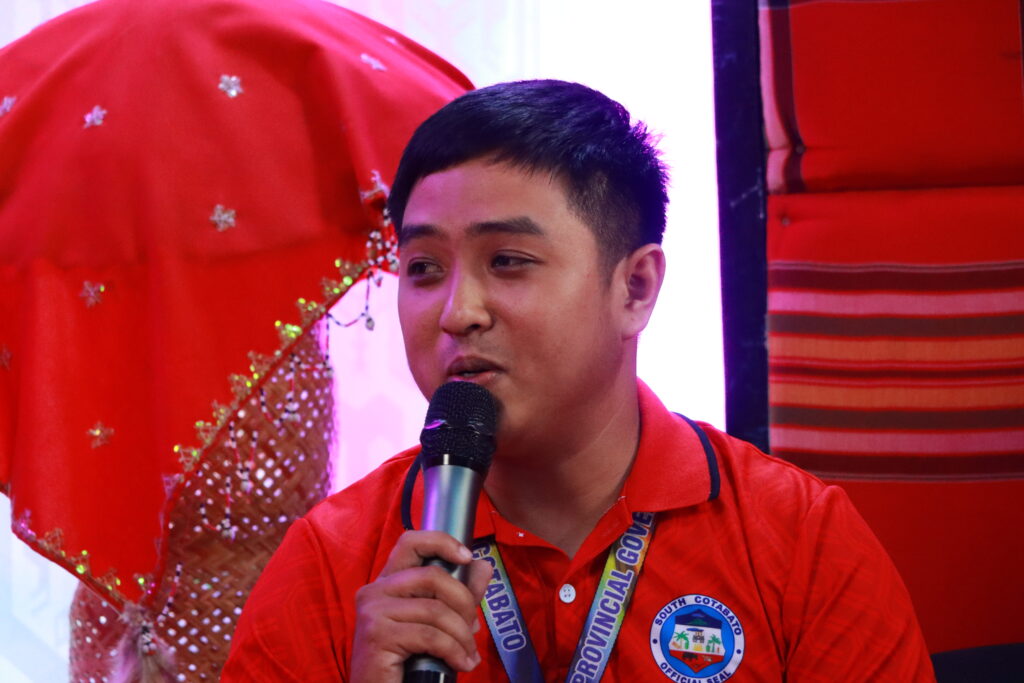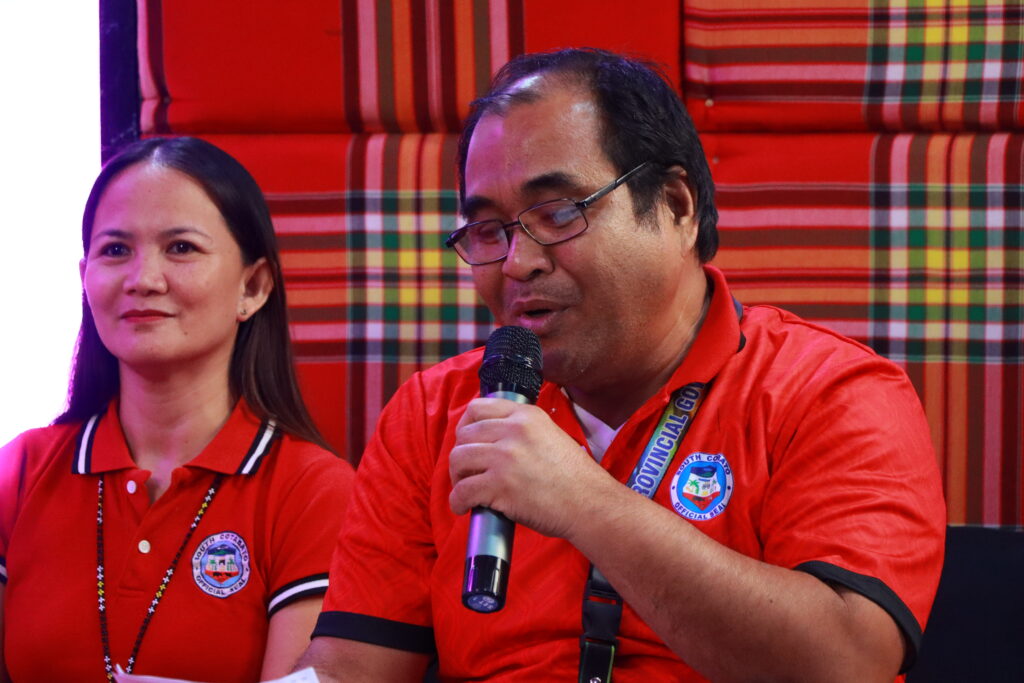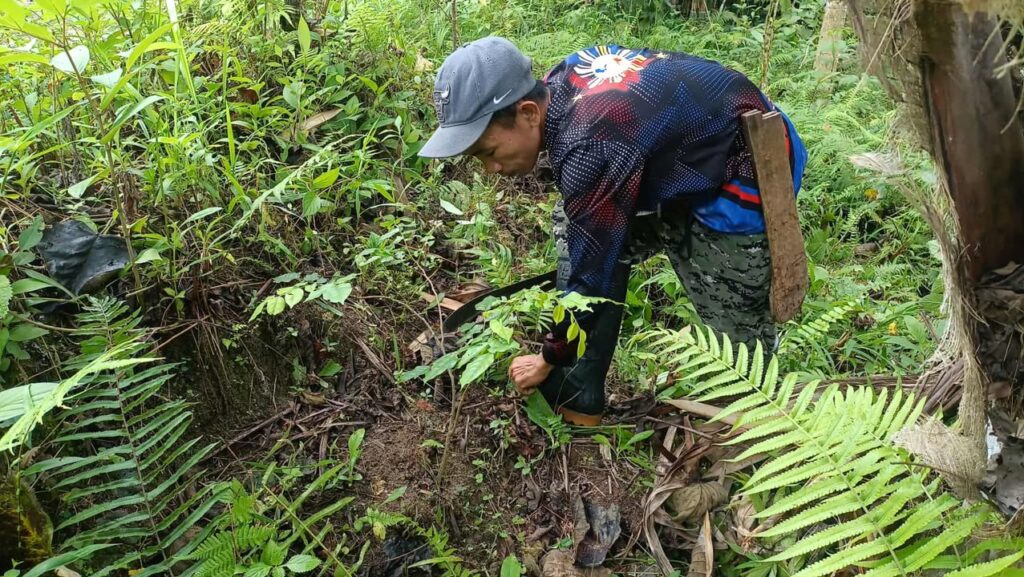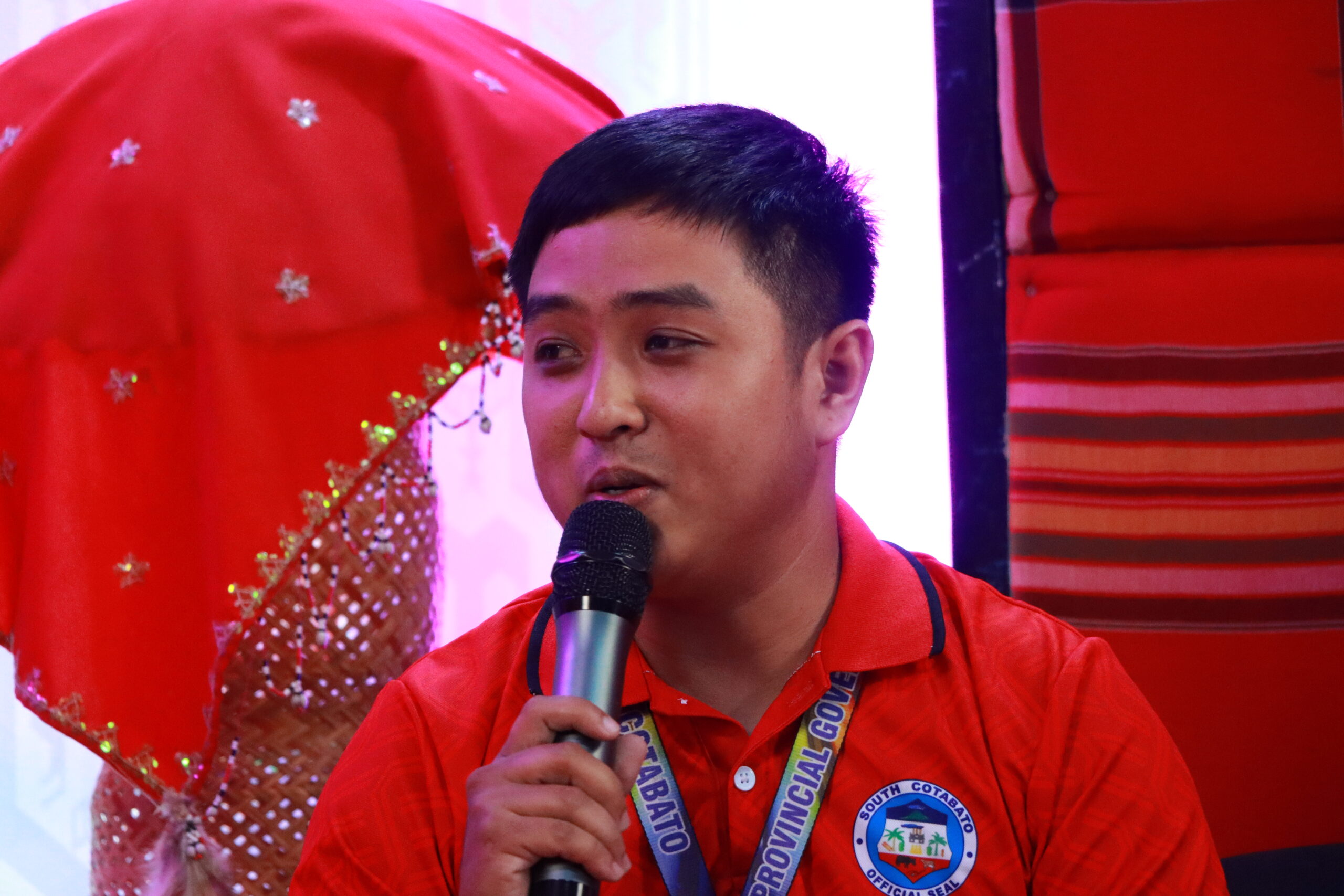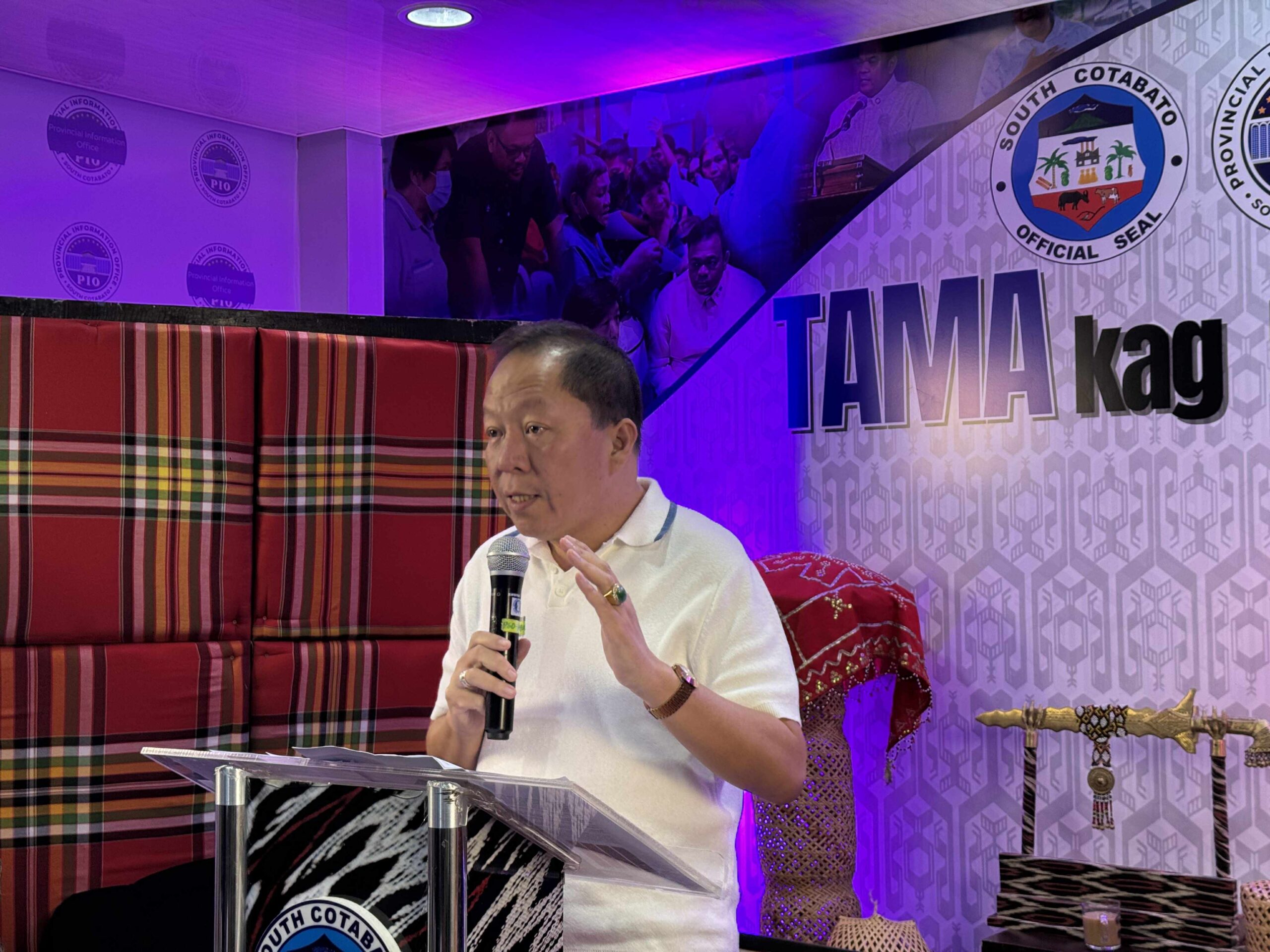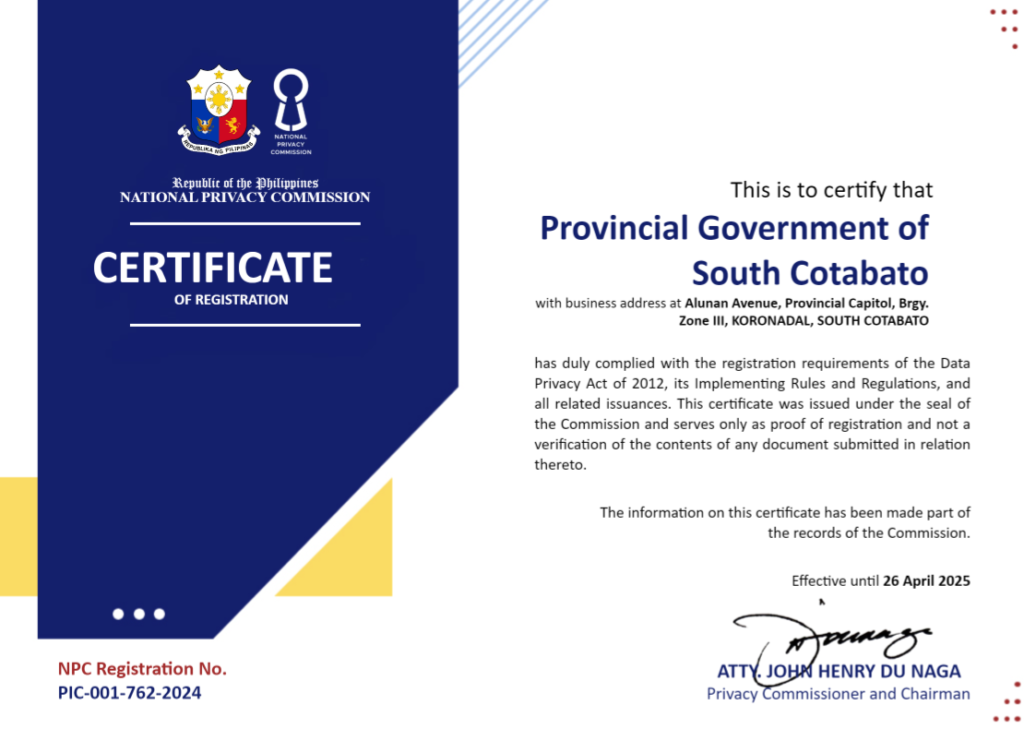Koronadal City, South Cotabato – The Integrated Provincial Health Office (IPHO) of South Cotabato headed by Dr. Rogelio B. Aturdido Jr. has already started with its implementation of the Universal Health Care (UHC) in the province.
Dr. Alah Baby Vingno, MD, Assistant Provincial Health Officer and South Cotabato Provincial Hospital Chief Dr. Conrado Brana, Jr., MD discussed certain matters regarding the UHC during the Kapihan sa Kapitolyo Press Conference organized by the Provincial Information Office (PIO) on November 10, 2020.
The Universal Health Care (UHC), also referred to as Kalusugan Pangkalahatan (KP), is the “provision to every Filipino of the highest possible quality of health care that is accessible, efficient, equitably distributed, adequately funded, fairly financed, and appropriately used by an informed and empowered public”. The Aquino administration puts it as the availability and accessibility of health services and necessities for all Filipinos.
It is a government mandate aiming to ensure that every Filipino shall receive affordable and quality health benefits. This involves providing adequate resources – health human resources, health facilities, and health financing.
As the implementation site, the IPHO developed a roadmap which is anchored on the Memorandum on Understanding (MOU) signed by Health Secretary Dr. Francisco T. Duque III and Governor Reynaldo S. Tamayo, Jr last December 17, 2019.
“Ginawan natin ito ng road map, and we organized a Technical Working Group (TWG) which includes the Philhealth. Actually we have a schedule sana na makipagkita kay Doctor Malate regarding the implementation, but because of the hectic schedule, na postpone sya. Ang TWG ang nakatutok doon sa implementation of the UHC. Along with the WTG, nakagawa tayo ng Implementation Plan,” Dr. Vingno said.
The TWG consists of three (3) committees to focus on the three (3) integrations: the technical integration, the financial integration, and the managerial integration.
“Ang remaining activities natin pagdating sa technical integration, meaning, kahit sa ibang facility ka na-confine, or nagpa consulta, sigurado ang coordinated or continuous na care na ihatag sang network. Hindi siya facility lang kundi network. That’s why we organized our PCPN (Primary Care Provider Network), and nasa plan din natin supposedly this year ang HCPN (Health Care Provider Network) where our hospitals are included. Though we have not executed it this year, we will implement it next year, 2021. We will finish all eight (8) plans, nakalatag ang Norala, and then ang dialogue natin as regards the commitment of our partners, we changed techniques tayo kasi nagkaroon ng COVID-19, nag focus tayo sa dialogue and research,” she added.
She also stated that there has been a formal dialogue to invite partners to cooperate and support the UHC and research in the province so that all their learning will be put into writing and will be copied or duplicated by others later on.
However, based on the office’s implementation plan or roadmap, there still are activities that were not yet implemented this year because of the COVID-19 pandemic response, one of which is organizing the PCPN which is a priority.
As to the UHC status in the SOCCSKSARGEN Region, an orientation/training in Norala, South Cotabato with regard to the UHC is ongoing. At present, two (2) Local Government Units (LGUs) in Region XII are involved in the implementation site. These are Cotabato City and Sarangani Province.
The UHC Bill was signed into law (Republic Act No. 11223) by President Rodrigo R. Duterte on February 20, 2019. It automatically enrolls all Filipino citizens in the National Health Insurance Program and prescribes complementary reforms in the health system.
Aside from the automatic enrollment of all Filipinos to PhilHealth, other significant reforms that will be implemented over time include: designating PhilHealth as the national purchaser for health goods and services for individuals, such as medicines; improvement of health facilities especially in underserved areas; responding to the gap in health workers throughout the country; strategic engagement of the private sector; and creating and expanding new functions in the Department of Health (DOH) to improve the delivery of health services, according to an official statement by the DOH.
Photo credits: google images


